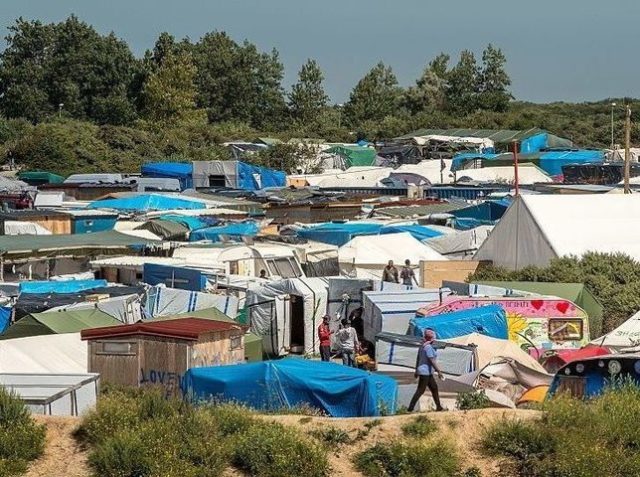A German political science academic speaking at a conference in Austria has proposed that migrants should be allowed to have their own cities within Europe to solve the problem of integration.
At the European Forum Alpach in Austria political scientist Ulrike Guérot delivered the keynote speech on the cultural effects of the migrant crisis on Austria and Germany, proposing that to solve the problem of integration migrants should run their own cities, reports Austrian paper Kurier.
“Europe is not in a good condition,” said the German academic, who went on to say that the EU-Turkey migrant deal was “ugly”, and lamented that central and eastern European countries like Hungary refuse to take in massive amounts of migrants as Germany has done.
“Migration – Opportunities and Challenges” focused on the issue of integrating migrants from a culture with entirely different values than Western liberal Europe, and discussed such issues as women’s rights and sexuality.
According to Ms. Guérot the real problem isn’t that migrants have different views from Europeans, but rather that Europeans believe that migrants should adapt to their culture. Ms. Guérot claims that the idea of a “dominant culture” that should be integrated to has an undercurrent of what she termed “proto-fascism”.
Citing the mid-twentieth century Marxist philosopher Theodore Adorno, she said that integration was not the answer for the migrant crisis.
The answer, according to Ms. Guérot, would be getting rid of the idea of a dominant European culture by allowing migrants to preserve their cultures and traditions in their own cities, she proposed.
“Segregation is a sign of tolerance, according to sociology,” she said, and claimed that such an arrangement would be better than parallel societies forming in the same city such as in the French capital of Paris.
Cities in Italy and eastern Germany that had been largely abandoned by those seeking opportunity elsewhere could be the site of such migrant societies.
Germany is currently struggling with the issue of integration of migrants, both culturally and in the labour force where the vast majority of migrants are still unemployed and receiving benefits from the German state.
Most economists now believe that the migrants will not participate fully in the German economy and will be a burden on the German tax payers for at least a generation as few migrants possess job skills and even fewer can speak German.
Some migrants have even claimed they don’t have to work since they are “guests” of German Chancellor Angela Merkel.

COMMENTS
Please let us know if you're having issues with commenting.